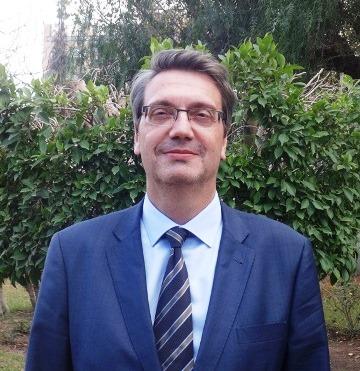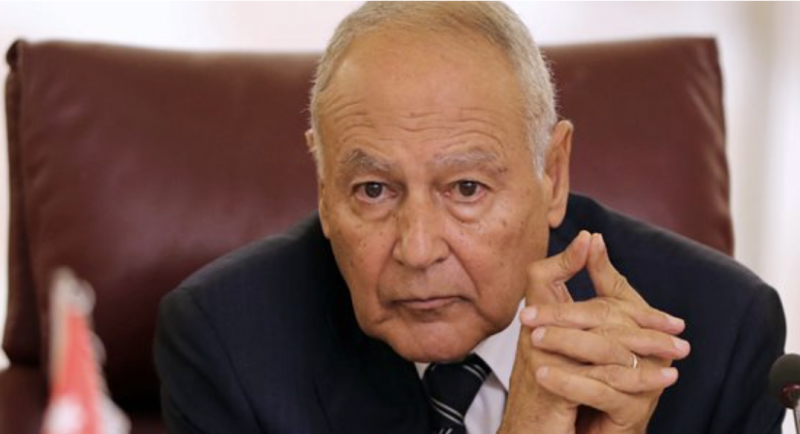Yemen boosts social welfare benefits for families


The Yemeni government last week approved a 50% increase in cash allowances for beneficiaries of the Social Welfare Fund (SWF), which covers 1.5 million of the poorest Yemenis.
The government gave the green light for the increase to go into effect on November 26th as part of the country's strategy to improve the conditions of impoverished Yemenis.
The increase will be a part of fourth quarter benefits for 2014, said government spokesman Rajeh Badi.
"The government's decision to approve this increase is a positive thing due to an increase in poverty rate and the general deterioration of conditions in the country," said Arafat al-Salehi, general manager of beneficiary services at SWF.
The SWF budget for 2014 reached 62 billion Yemeni riyals ($288 million) and it will go up to 93 billion riyals ($433 million) by next year, he told Al-Shorfa.
The SWF is still issuing benefits from the third quarter because of a shortage in resources that has plagued the country and also because the government does not have enough funds to hand them out to beneficiaries on time, he added.
The fund has allocated 2,000 riyals ($9.30) to each head of household, in addition to 400 riyals ($1.86) for each family member, for a total of no more than 6,000 riyals ($27.91) per family per month, al-Salehi said.
Benefits are issued every three months due to the large number of claimants, he said, noting that "SWF subsidies are only enough for 15% of food requirements based on international standards and sufficiency indicators."
Around 95% of SWF beneficiaries have participated in food programmes, such as one sponsored by the World Food Programme, to which the SWF provides data on impoverished populations so the UN agency can hand out food subsidies.
It is important for the SWF to conduct a comprehensive field study of beneficiaries in order to improve their conditions and ensure funds are reaching the targeted segments, al-Salehi said.
"A shortage in resources has prevented this from happening," he said, noting that the SWF has conducted preliminary discussions with the World Bank in order to obtain the necessary funding for this mission.
Nabil al-Qubati, technical co-ordinator of the SWF's World Bank projects, said the bank "has allocated $40 million to the SWF via the state".
"On December 20th, the SWF will provide receipts of allocations made to beneficiaries for third quarter benefits, which will be paid by the World Bank based on those receipts," he said.
The increase in cash allowances has great importance in light of the current economic conditions in Yemen, which include increased poverty and unemployment, he said.
He called on the SWF to conduct a field survey on the claimants, noting that the latest survey was conducted in 2008.
"Implementing the increase gives hope to beneficiaries even if the increase is not big," said Marzouq Abdul Wadood of Yemen's Economic and Social Development Centre.
The decision came following a recommendation by Yemeni president Abd Rabbu Mansour Hadi after the government decided to lift oil derivative subsidies in August, he said.
This is "a measure to ease the burden on poor people who were affected the most by the decision to lift the subsidies", he added.
Al-Shorfa

Washington – The U.S. Department of State announced that Saudi Foreign Minister Prince Faisal bin Farhan Al Saud held a phone call with U.S.…

Berlin – Germany has expressed deep concern over the recent escalation in southern Yemen, warning that the situation poses serious risks to r…

Cairo – The Secretary-General of the Arab League, Ahmed Aboul Gheit, has expressed profound concern over the dangerous and escalating develop…